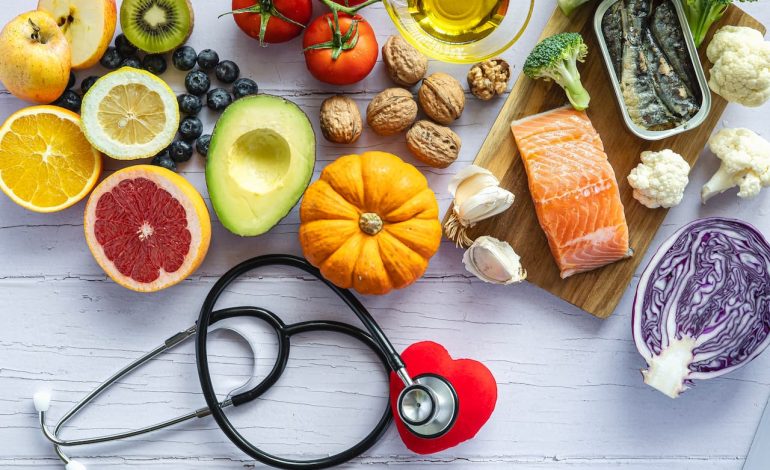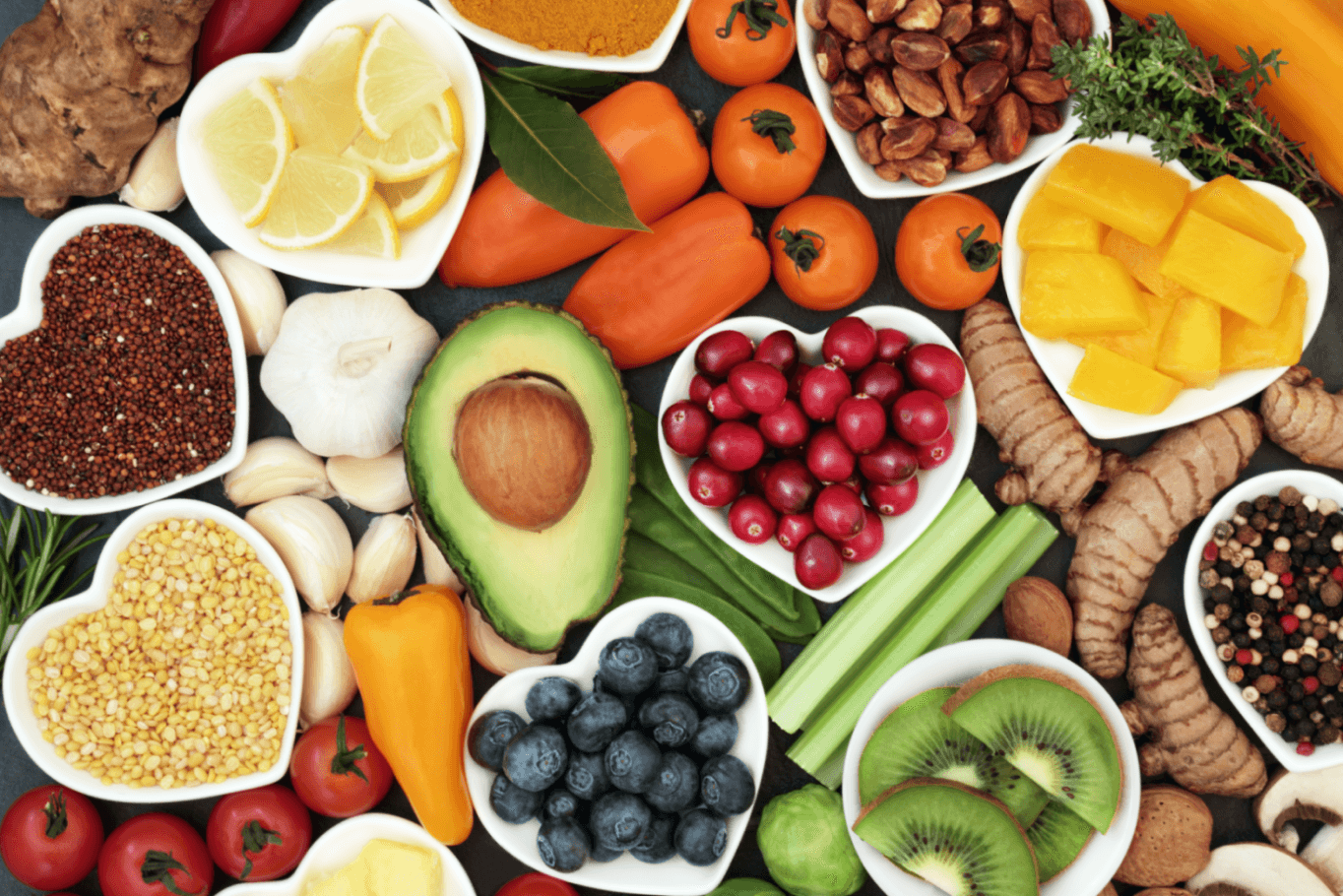The Healing Power of Food: How Nutrition Shapes Our Health

In today’s fast-paced world, where convenience often trumps quality, the relationship between food and health has never been more critical. The phrase “you are what you eat” is more than a cliché—it’s a truth supported by decades of scientific research. What we choose to put on our plates directly affects everything from our energy levels and immune system to our risk of chronic diseases and overall lifespan. This article explores how thoughtful dietary choices can serve as both a preventive tool and a powerful healing agent in the realm of health.
Food as Medicine: The Foundation of Nutritional Healing
Long before modern pharmaceuticals, ancient civilizations turned to herbs, fruits, vegetables, and spices for healing. Hippocrates, the father of medicine, famously advised: “Let food be thy medicine and medicine be thy food.” Today, this philosophy is being revisited through integrative medicine and functional nutrition, where food is used strategically to support the body’s natural healing processes.
For example, anti-inflammatory diets rich in leafy greens, fatty fish, berries, and whole grains have been shown to reduce markers of inflammation, a root cause of many chronic diseases including heart disease, diabetes, and arthritis. Likewise, plant-based foods like turmeric, garlic, and ginger contain bioactive compounds that fight oxidative stress, strengthen immunity, and aid digestion.
Macronutrients: More Than Just Calories
Most people are familiar with the basic categories of macronutrients: carbohydrates, proteins, and fats. However, the quality and source of these nutrients make all the difference.
-
Carbohydrates: Complex carbs such as quinoa, oats, sweet potatoes, and legumes provide sustained energy and are rich in fiber, aiding in digestive health and blood sugar regulation. Refined carbs like white bread and sugary snacks, on the other hand, lead to rapid spikes and crashes in blood sugar, increasing the risk of insulin resistance and weight gain.
-
Proteins: Essential for muscle repair, hormone production, and immune function, proteins should be consumed from varied sources. Lean meats, eggs, tofu, lentils, and nuts offer different amino acid profiles and micronutrients. Plant-based proteins also bring the added benefit of fiber and antioxidants.
-
Fats: Healthy fats from sources like avocados, olive oil, nuts, and fatty fish are crucial for brain health, hormone balance, and cell function. Trans fats and excessive saturated fats, however, contribute to inflammation and cardiovascular disease.
Micronutrients: Small Compounds, Big Impact
While they are required in smaller amounts, vitamins and minerals play critical roles in maintaining health:
-
Vitamin D: Supports bone health, immune function, and mood regulation. Found in fatty fish, fortified foods, and synthesized from sunlight.
-
Magnesium: Aids in muscle and nerve function, blood pressure regulation, and energy production. Found in leafy greens, legumes, and seeds.
-
B Vitamins: Essential for energy metabolism and brain health. Present in whole grains, dairy, meat, and certain vegetables.
Micronutrient deficiencies are often linked to fatigue, mental fog, and an increased risk of illness. Addressing these through diet—or when necessary, supplementation—can lead to noticeable improvements in well-being.

The Gut-Health Connection
An emerging area of health research is the role of the gut microbiome—the trillions of bacteria living in our digestive tract. These microorganisms help break down food, produce essential vitamins, and protect against pathogens. Diets high in processed foods, sugar, and artificial additives can disrupt this delicate ecosystem, leading to issues like bloating, fatigue, skin problems, and even mood disorders.
Conversely, consuming fermented foods like yogurt, kefir, kimchi, and sauerkraut, along with fiber-rich vegetables and legumes, supports a healthy gut microbiome. This, in turn, enhances nutrient absorption, immune resilience, and mental clarity.
Eating for Disease Prevention
A growing body of evidence links specific dietary patterns to a reduced risk of chronic disease:
-
Mediterranean Diet: Rich in fruits, vegetables, whole grains, fish, olive oil, and moderate wine intake. Associated with reduced risk of heart disease, stroke, and cognitive decline.
-
DASH Diet: Designed to lower blood pressure, this diet emphasizes fruits, vegetables, lean proteins, and low-fat dairy, with minimal processed foods and sodium.
-
Plant-Based Diets: Diets centered on plants—not necessarily vegan—have been shown to lower cholesterol, reduce cancer risk, and support weight management.
The Mental Health Dimension
Recent studies reveal that diet doesn’t only affect physical health—it profoundly influences mental health as well. Nutrient-rich foods provide the building blocks for neurotransmitters like serotonin and dopamine, which regulate mood and cognitive function. Omega-3 fatty acids, B vitamins, and antioxidants found in colorful fruits and vegetables are particularly beneficial for mental well-being.
In contrast, diets high in sugar, refined grains, and trans fats have been linked to higher rates of depression, anxiety, and even dementia. Nutritionists now refer to this connection as the “food-mood link,” further proving that brain health starts in the kitchen.
Mindful Eating: Quality, Not Quantity
Beyond what we eat, how we eat matters. Mindful eating involves being fully present during meals, chewing slowly, and recognizing hunger and fullness cues. This practice improves digestion, enhances satisfaction, and reduces the likelihood of overeating.
Skipping meals, eating on the go, or eating in front of screens can disrupt satiety signals and lead to poor food choices. Establishing regular meal times and savoring food can transform eating from a rushed necessity to a nourishing ritual.
Practical Tips for Healthier Eating
-
Start your day with a balanced breakfast that includes protein, healthy fats, and fiber.
-
Hydrate regularly, opting for water, herbal teas, and naturally flavored beverages over sugary sodas.
-
Plan meals ahead to avoid last-minute junk food grabs.
-
Incorporate a rainbow of produce to maximize nutrient diversity.
-
Read food labels, and limit products with unrecognizable or artificial ingredients.
-
Listen to your body—hunger and energy levels are powerful guides.

Conclusion: Nourishment for Life
Nutrition is not just about managing weight or counting calories. It is a lifelong relationship with food that affects every aspect of health, from our organs to our minds. By choosing wholesome, nutrient-dense foods and embracing mindful eating habits, we can harness the healing power of nutrition. Whether you’re aiming to boost your immunity, sharpen your mind, or simply feel more energized, food is a vital ally in your journey toward a longer, healthier life.
In a world full of quick fixes and diet trends, the timeless wisdom remains: eat real food, savor every bite, and let nourishment be your first form of medicine.






